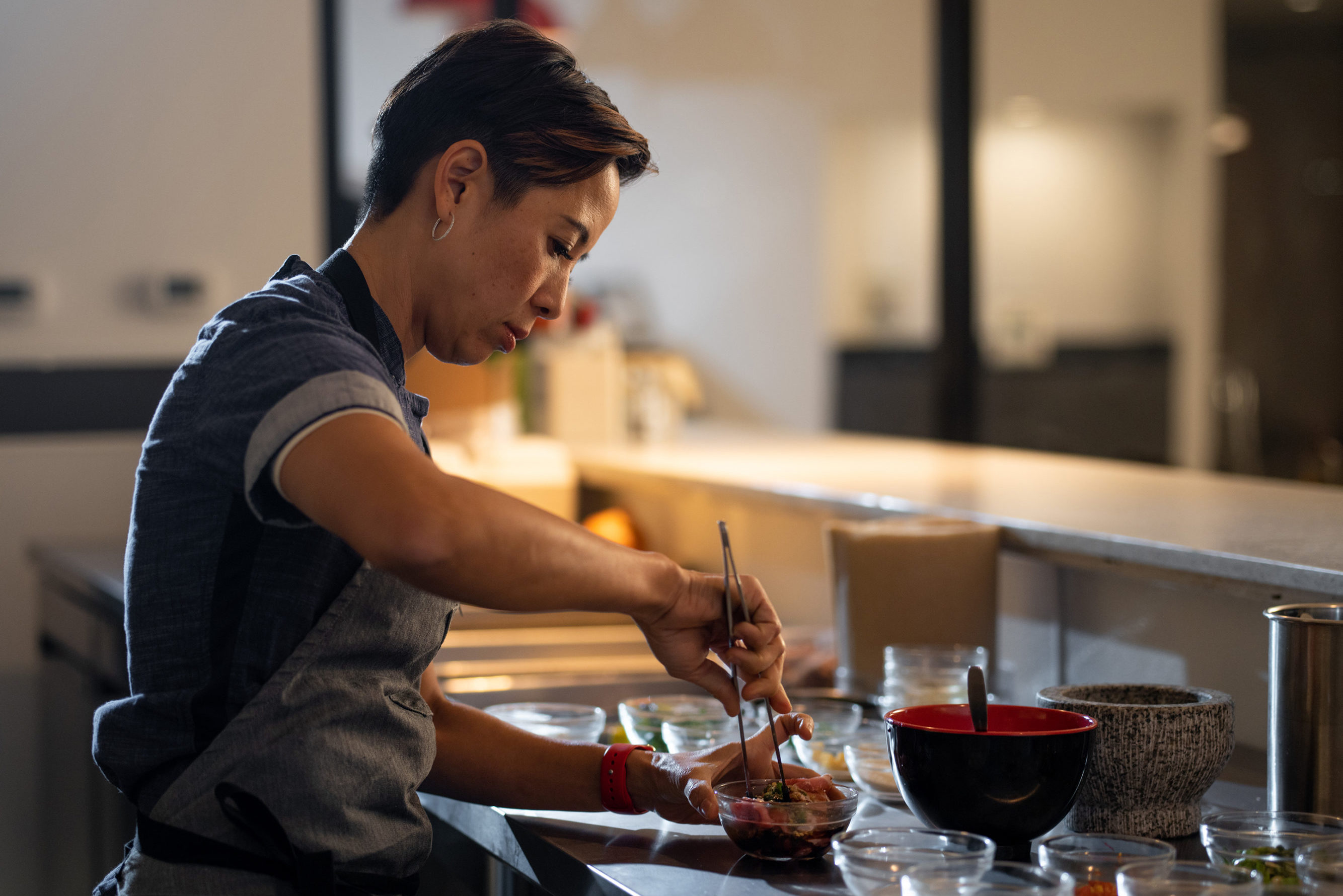DoorDash’s Latest Promotion Outlines How Hard It Is to Thrive on a Third-Party Delivery Platform

Photo Caption: DoorDash launches its Kitchen Without Borders initiative today.
Skift Take
Third-party delivery platforms are a risky business for small restaurants, where commission fees are steep and the competition is overwhelming. While DoorDash's new initiative is a nice step for the 10 participating restaurants, many other independent restaurateurs feel gouged by its pricing structure.


